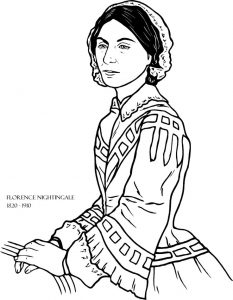
I've been analyzing data for 30 years.
I've studied science and engineering.
I read about science.
I taught myself to code and created a data engineering and analytics web application (KnowledgeLeaps.com).
I have thought a lot about my work as I have developed my domain expertise.
One of the things I have come to realize is that if you are designing and running experiments to prove / disprove a hypothesis, then you are performing science. You may even call yourself a scientist. Testing a hypothesis requires evidence, usually in the form of objective data. If you are a scientist, you use data, no matter what the discipline. You can't be a scientist without data. The term data in Data Science is redundant, like calling yourself a Religious Priest or an Oral Dentist.
In contrast, if you use data to look for a story or a correlation (causal or otherwise) and you aren't testing a hypothesis. You aren't a scientist, you are an analyst. In this case a qualifying noun is useful (data, systems, etc).
I suspect most people who call themselves data scientists are actually analysts that have taught themselves to write code. This isn't science. Science is the method by which we create persistent state knowledge, code is just a tool we should use to process data to test a hypothesis.


